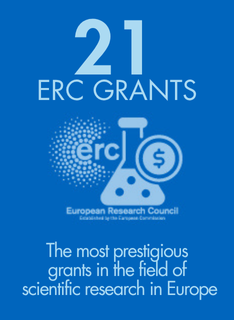The ocean is key to addressing humanity's greatest challenges. It offers vital solutions for building a sustainable future, from combating climate change and ensuring food security, to advancing clean energy and restoring biodiversity. Knowledge is essential, not only to solve problems, but to unlock innovative possibilities that will help shape a better tomorrow.
The Bachelor’s Degree in Ocean Studies is an innovative interdisciplinary programme resulting from the collaboration between several higher education institutions: NOVA University Lisbon (bringing together five academic units – NOVA School of Law, NOVA IMS, Nova SBE, NOVA FCSH and NOVA FCT), the University of Algarve, and the University of Évora, also involving the Hydrographic Institute of the Portuguese Navy.
This programme aims to train professionals equipped to address the challenges and seize the opportunities associated with the ocean, promoting sustainability and the blue economy.
With a strong scientific and technical component, students benefit from an interdisciplinary education supported by cutting-edge laboratories, emerging technologies, and innovative projects that enable them to apply knowledge in real-world blue economy contexts.





























